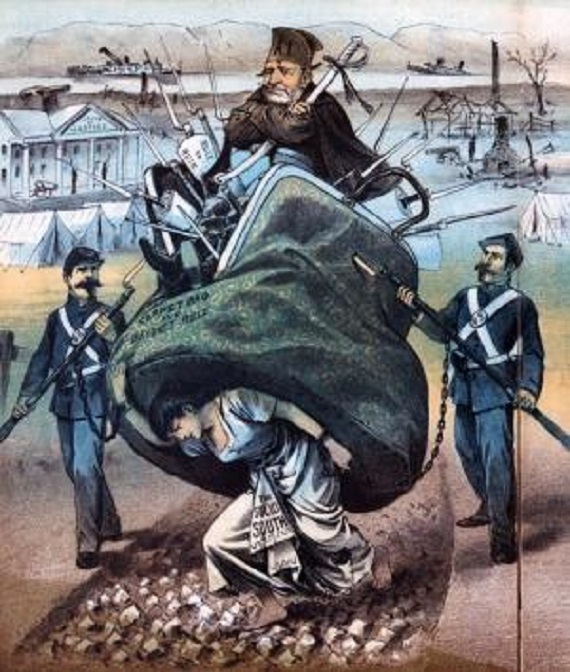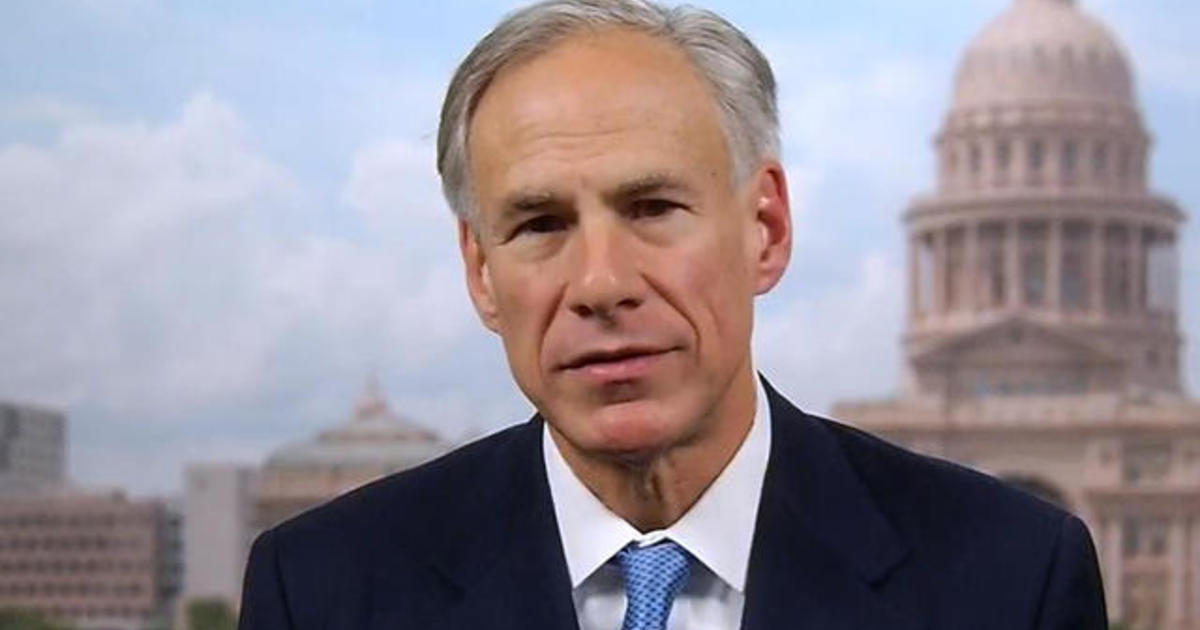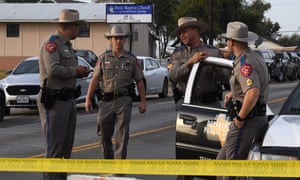USA Today chided Texas for “lax” concealed carry laws after
the Sutherland Springs church shooting but the attacker, Devin Kelley,
was denied such a permit.
Governor Greg Abbott (R) says
the attacker was denied a Texas concealed carry permit.
USA Today
criticized Texas concealed carry laws nonetheless. They pointed to the
reduced fees for a permit, effective this year, whereby the price
dropped from $14o to $40. The paper reported that a portion of the
concealed carry safety course can be done online and that possession of a
permit lets the holder carry openly or concealed.
The flagship Gannett Company outlet added, “The open carry law allows
licensed gun owners to carry their weapons in most public spaces.”
None of these laws have anything to do with Sunday’s incident, as the
attacker was denied a Texas carry permit. In fact, the purpose behind
the lower cost and online simplicity of a permit application is to
lessen the burdensome process for self-defense.
The
USA Today column quotes a 2013 American Journal of Public Health
which
says that “states with higher rates of gun ownership had
disproportionately large numbers of deaths from firearm-related
homicides.” This overlooks recent work by
LaGrange College professor John A. Tures,
who cross-examined various figures on gun crime and found that homicide
rates are not markedly different for states with gun control for
private sales versus states without.
On October 27, 2017, the
Ledger-Enquirer
reported that Tures was initially persuaded that “the average
gun-related homicide rate per 100,000 people among gun control states
(3.31) was lower than those with no regulation of private gun sales
(4.28).” Then he realized that an error exists in the way figures from
certain states were tallied in certain studies. “Two gun control states,
and nine gun rights states, had too few gun homicides to calculate a
rate, and were left out of the study.” Tures and his students created an
extra table to compile the figures originally left out and the result
was “little to no difference” between states with relaxed or stricter
gun laws.








